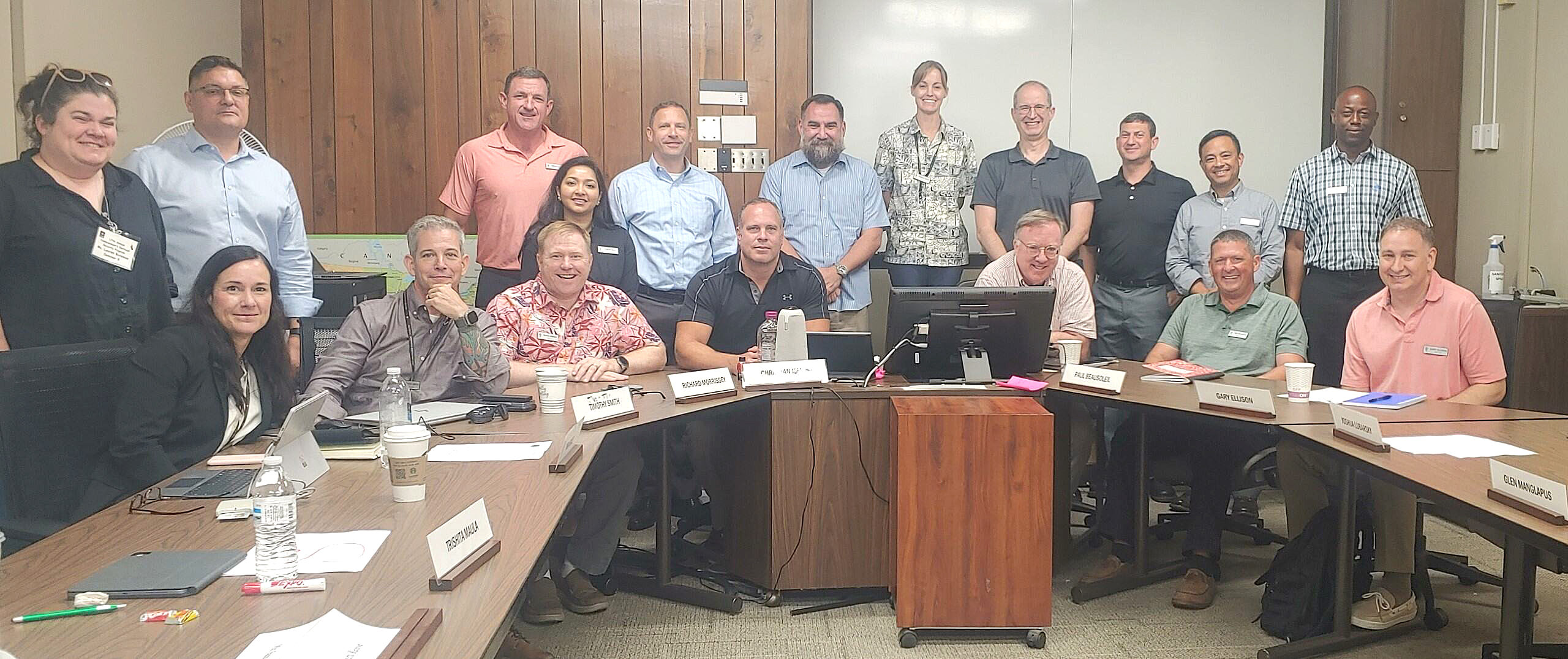Pamela Strickland has lived in Fayetteville near the nation’s largest Army base for 30 years, her father was in the military, and many of her friends and acquaintances have military backgrounds. She thought she knew a thing or two about the goings-on in the country’s armed forces, but a recent four-day stint in Carlisle, Pennsylvania, at the U.S. Army War College’s annual Commandant’s National Security Program turned everything the Campbell University associate account professor thought she knew on its head.
“When I left the CNSP program,, I recognized exactly how much I did not know,” said Strickland, who’s also director of the Master of Accountancy program for Campbell’s Lundy-Fetterman School of Business. “I left with a renewed and much deeper respect for the job that our military folks do and the issues that they’re confronting. It was an eye-opening experience.”
The U.S. Army War College’s annual program is the capstone event for its Distance Education program. Held in July this year, it featured guest speakers and panel presentations by military leaders and experts on topics involving national security strategy and policy. Strickland was among a group of roughly 60 civilians who were nominated and cleared to attend. Those civilians are tasked with returning to their institutions and sharing what they’ve learned — a peak behind the curtain on current events, research and national security trends.
“These were all very high-level speakers,” Strickland said. “We had generals and brigadier generals and the top administrator from FEMA. The students who attended were at a minimum lieutenant colonels, so this audience was really our future military leaders. And the topics they covered were really, really interesting.”
Perhaps Strickland’s favorite session was a presentation by Dr. Michele Devlin, professor of environmental security at the U.S. Army War College, and Dr. Hila Levy, a Rhodes Scholar with the U.S. Air Force Academy, on the Arctic region and its importance when it comes to U.S. national security. Around 10 percent of the Earth’s land area is ice, and 90 percent of this ice is found in Antarctica (the rest is in Greenland), and the land of Antarctica is governed by an international treaty formed in 1959.
 Global warming and the melting of polar ice caps, Strickland said, has led to and will lead to increasing environmental concerns, new shipping routes and exposure of more natural resources, which will create tension between countries that want to protect the Antarctic region and those that would exploit the region.
Global warming and the melting of polar ice caps, Strickland said, has led to and will lead to increasing environmental concerns, new shipping routes and exposure of more natural resources, which will create tension between countries that want to protect the Antarctic region and those that would exploit the region.
Other topics that stuck with Strickland included the economic and social impact China is having on countries in South America and the responsibilities of the United States’ Space Force. The Space Force is responsible for protecting U.S. satellites and space assets like GPS, communication, defense, and weather forecasting equipment.
“The experience really broadened my horizons and made me think more deeply about these issues,” said Strickland. “Those dealing with these issues are some very young, very hardworking and very smart people who are developing strategies to help protect our country.”
Aside from the personal gain from the trip, Strickland said much of what she learned in Pennsylvania can be shared in her accounting classes. Her specialization is federal taxation, and much of what was presented during the program is funded by federal tax dollars.
“I’ve always tried to provide a balanced look at our tax system and how taxpayer money is spent,” she said. “When we talk about whether or not we should be funding or adding funding to these programs, I now have more insight about how this money is being used by our military services.”


